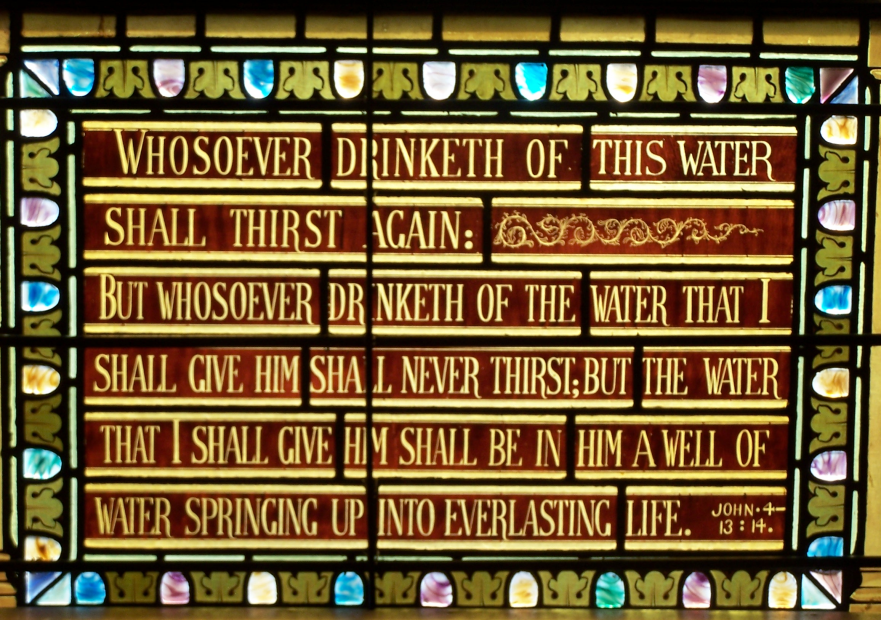No biblical autographs have survived. There are only manuscripts which were copied from earlier manuscripts, which were copied from still earlier manuscripts, and so on. To speak of an autograph as inerrant, we are essentially claiming that Scripture USED to be inerrant.
Scholars and Saints: A Critical Collaboration
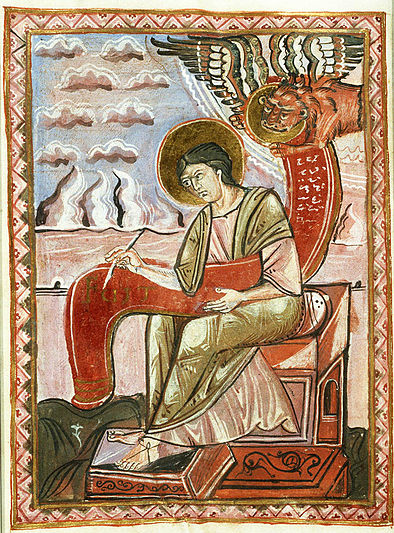
Most academics would question the value of attempting to identify material originating from the historical Jesus because Matthew, Mark and Luke are not historical narratives in the modern sense.
Beyond an Inheritance

Could it be that the original integrity of Jesus’ message about the Kingdom of Heaven was later compromised by the presence of other expectations of a messianic-eschatological character that circulated promiscuously in early Christian communities?
The Transparent Agenda

As practitioners of Jesus’ teachings, our conduct certainly should be characterized by charity, but a helping hand with strings attached or expectations appended is not pleasant. This constitutes one of the mysterious aspects of the kingdom of heaven. It is The Transparent Agenda, a mandate to do good to all without prejudice and without expectations.
Book Review: Joseph Frankovic’s The Kingdom of Heaven
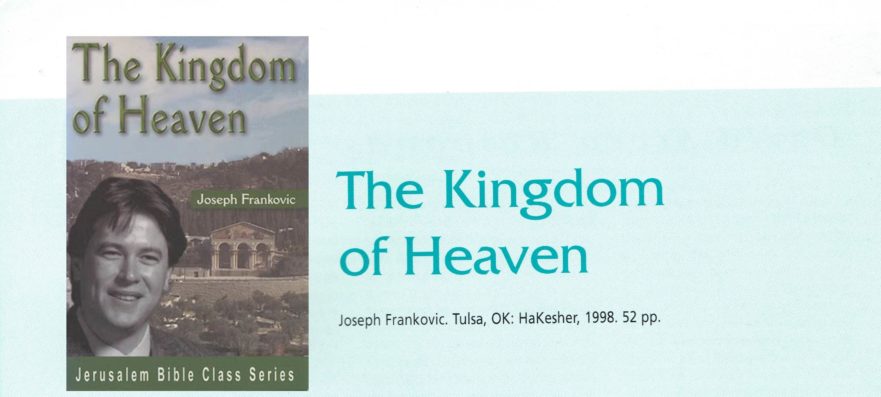
For anyone wanting to learn more about the responsibilities, demands, privileges and rewards of aligning oneself with Jesus’ redemptive program, reading The Kingdom of Heaven would be a good place to start.
Us and Them: Loving Both

In ancient Roman society, the taking of revenge on an enemy was considered a commendable deed, but Jesus encouraged his followers to “Love your enemies.”
God’s Mercy and Our Disobedience
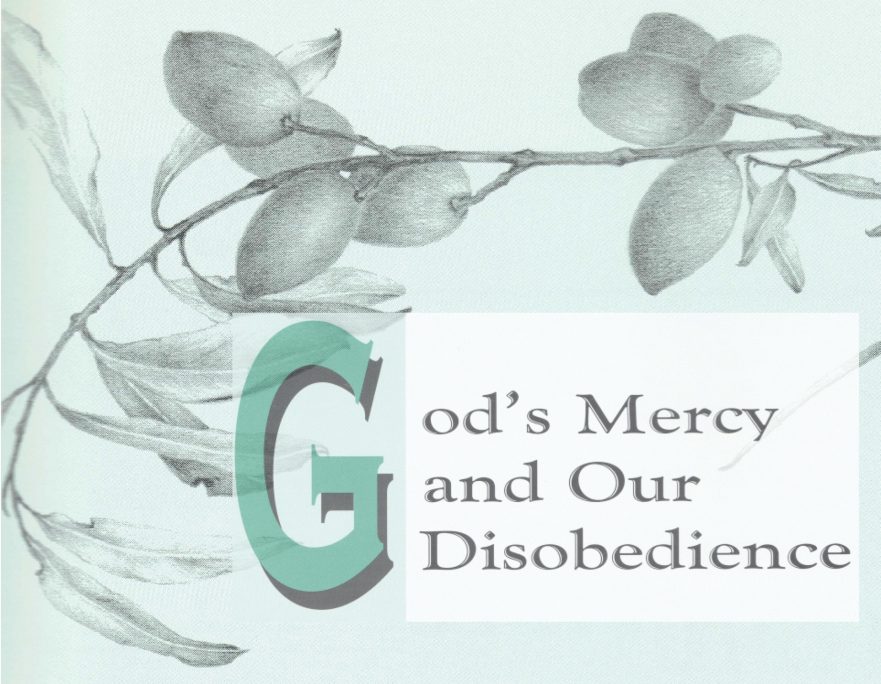
Reading a passage from the New Testament against the backdrop of ancient Jewish tradition can sometimes add to the its significance. Romans 11:30-36 is one such passage, where without knowing the Jewish tradition to which Paul alluded, we run the risk of not hearing his emphasis clearly: God is merciful and his ways, incomprehensible.
Emulating the Ways of Sodom
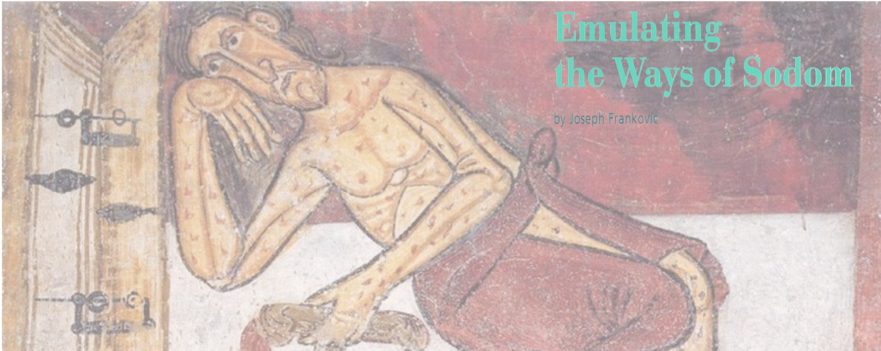
As our disposable incomes have swelled and our pursuit of life’s finer things has gained momentum, has our concern for the destitute also swelled?
We Are the Pots; Jesus Is the Stone!

A reader presupposes his allegorical theology upon the words of Jesus and Joseph Frankovic responds.
The Best Long-term Investment—Making Loans to God

In our day, the 20th-century disciple of Jesus feels the challenge of his call to lay up treasure in heaven more than ever. In the face of an emerging global society drunken with consumerism and materialism, Jesus’ words shatter the silence: “You cannot serve God and mammon!”
The Nature of Jesus’ Task

Christians read their Bibles through a lens of historical hindsight to illuminate certain features of Jesus’ teaching. Jews living in the first century did not have this benefit, and even one as saintly as John the Baptist struggled with aspects of Jesus’ messianic conduct.
The Cross: A Symbol of Solidarity
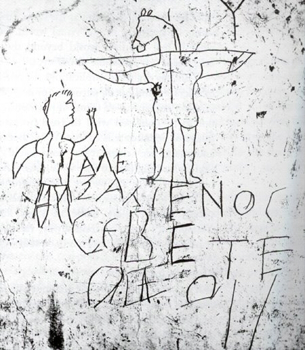
For Christians the suffering that Jesus endured, especially on the cross, has far reaching spiritual, theological and doctrinal significance. Accordingly, the cross has assumed a place of prominence in both Catholic and Protestant symbolism.
Esteeming the Jewish People

Preoccupation with Christ’s second coming underlies much professed love for and interest in the Jewish people and their homeland. I find this “love” and “interest” cause for concern.
Stewards of God’s Keys

Jesus gave his disciple Peter the “keys of the kingdom of heaven” and promised that whatever Peter “bound” and “loosed” on earth would be “bound” and “loosed” in heaven. What scriptural allusions lurk beneath these expressions and what are their implications? How does the Jewish literary background of Matthew 16:19 help us better appreciate Jesus’ words?
A Doer of His Father’s Will

Following the death of Robert L. Lindsey on May 31, 1995, Jerusalem Perspective magazine published a memorial issue (October-December 1995, No. 49). Included in that issue were eight tributes to Lindsey written by his colleagues and students, including that of Joseph Frankovic, published here.
The Power of Parables

Jesus was a master teacher. Therefore, it is significant that he relied heavily on parables. What is it about parables that makes them so moving and memorable?
I am depressed by the situation of Jewish women!

How did women express their spirituality? Did they have any power?
Remember Shiloh!

Without paying attention to ancient Jewish exegesis one can easily miss the full impact of Jesus’ statement, “den of thieves.” Was Jesus solely addressing the vendors, or was he aiming at bigger game?

